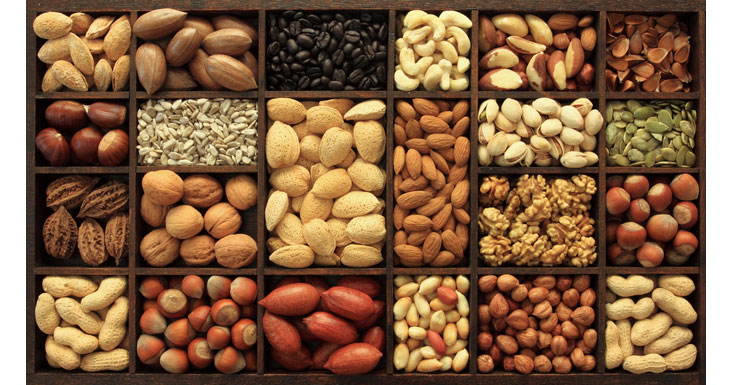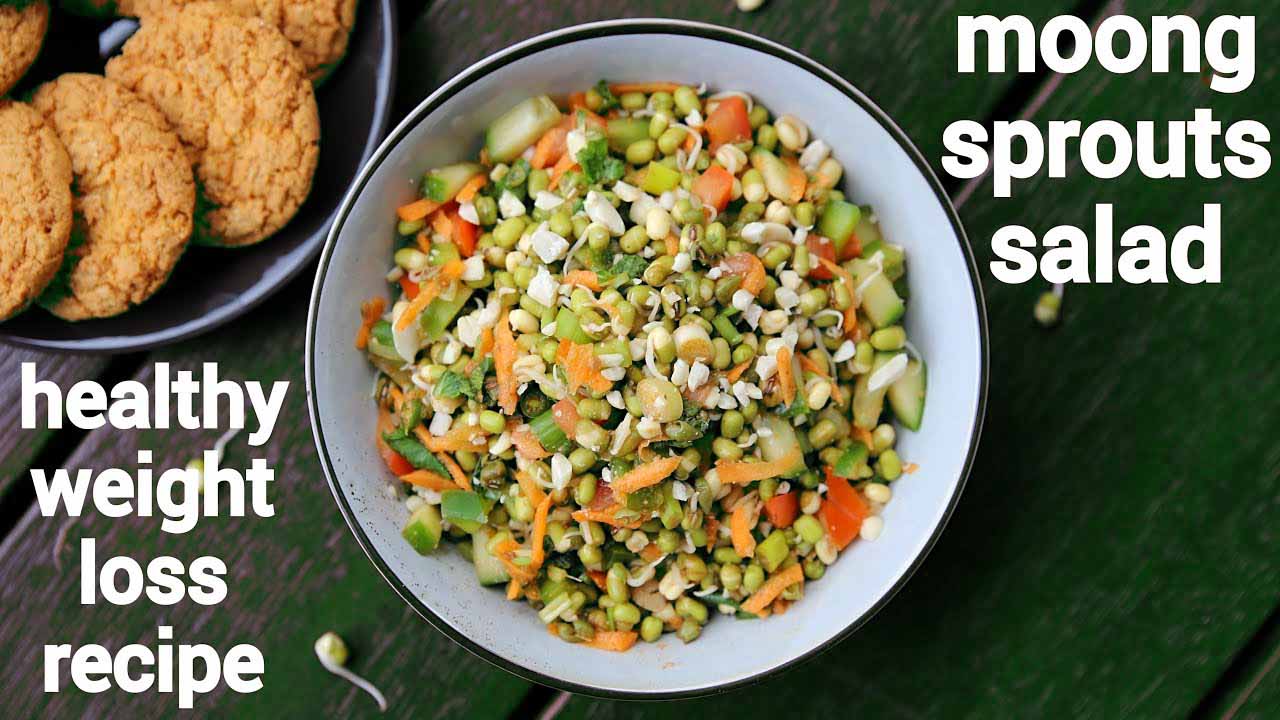Intermittent Fasting Benefits
How do you know that someone does intermittent fasting (IF)? The answer is that they usually tell you. In the past decade, IF – which means switching between less and more food – has gained a lot of airtime as a weight-loss or maintenance method. So, you may not know that the original reason scientists began to investigate IF wasn’t for weight loss but for longevity. But that’s what prompted nutritionist Gabriela Peacock, the founder of GP Nutrition, to make her method into a new book, 2 Weeks To A Younger You. Her client list reads like a Who’s Who of people who seem younger than they are. There’s Dame Joan Collins, recently pictured partying at her 90th birthday. Then Charlotte Tilbury, Yasmin Le Bon and Eva Herzigová, all the epitome of beautiful ageing. Peacock, who has three children (including six-year-old twins), appears a lot younger than her 43 years when we meet over Zoom.
‘The science of longevity is fascinating,’ she says. ‘We used to think that the older you got, the worse your health would become, but there’s really no reason for that.’ She’s not anti-ageing; she’s pro-ageing. ‘People are living longer than ever, but what’s important is quality of life, how we feel as we’re ageing. To age is to live. We should embrace it.’ Your age is irrelevant, she says. Her aim is to help you ‘truly live and feel great for as long as possible’.
Taking a deep dive into the science of longevity, Peacock became increasingly convinced that we can learn to age well, ‘with just a few lifestyle and dietary changes’, she says.
And IF has a very strong scientific base of evidence, she says, ‘especially when it comes to prevention of chronic diseases. Weight loss is just a side-effect.’ For one,
IF is known to be anti-inflammatory – and inflammation is a huge factor in both ageing and chronic disease.
Secondly, fasting reduces biological age because of how it affects cells. ‘When you fast, the body looks into new ways of getting energy and calories, and that includes proteins that are no longer needed, that are malfunctioning or dying, cluttering up the cells,’ says Peacock. This process is called autophagy. ‘You could also describe it as cell self-cleansing,’ she says. ‘It’s clearing up the damaged cells and stimulating their repair.’
In fact, autophagy is provoked by anything that stresses the body in a short-term, controlled way, also called a hormetic stress. As well as IF, the book extols the virtues of other hormetic stresses, too: intense hot and cold temperatures, such as saunas and cold-water showers; and exercise, which works by damaging and stressing the body, which then promotes repair. ‘All of these hormetic stresses make the body resilient,’ says Peacock.
But she knows that fasting can seem daunting at first. ‘Fasting is not about starvation but concentrated spells of calorie restriction,’ she says. ‘A reduction of as little as 10-15% has been scientifically proven to significantly improve health and slow biological ageing by switching on the body’s longevity genes.’
There is a choice of three two-week programmes in the book. It’s two weeks because Peacock has found that clients like a period of time that’s doable, but it’s enough time to feel (and see) a significant difference. The outcome includes reduced fat around your middle and organs, reduced inflammation, better immunity, improved sleep, more energy, a sharper brain and calmer digestion.
Of the three choices of programme, the simplest one is eating according to the 16:8 rule – known as ‘time-restricted eating’. That is, you eat during an eight-hour window and don’t eat (or drink anything other than black tea, black coffee, herbal tea and water) for 16 hours. Many of Peacock’s clients continue eating this way for some or all days of the week.
The other two programmes involve eating 700 calories for one or two days a week. ‘This is based on research that shows this low level of calories will still trigger autophagy,’ Peacock says. And one also includes a day of liquid fasting. These plans are not for everyone, Peacock acknowledges, including those with a history of problems with restricted eating, even though the focus here is on longevity rather than weight. It’s not for those who are very stressed or short of time, either. ‘I recommend sticking to 16:8 for 30 to 40% of my clients, in particular when they are busy, as doing any more will just increase their stress levels,’ she says.
‘You need to adjust it to your lifestyle and what you want to achieve. If you don’t want to do 16:8, you can try a 12-hour fasting window, then take it up to 14 hours and perhaps eventually to 16. Any kind of small change is better than nothing,’ she says.
Peacock has some key eating principles to make sure you get the most benefit from IF. ‘I don’t recommend restricting any foods, but it is important to eat good food.’ For example, research shows that eating plant protein (found in quinoa, buckwheat, chia seeds, soya, tofu, miso, grains, mushrooms) helps your body to stay in autophagy. As does eating sirtfoods (see box on the right). She stresses that it’s important to eat protein with every single meal, and to get enough fibre, good fats, wholegrains and vegetables.
Although IF may feel hard at first, this won’t last. ‘When the body gets used to not having constant supply of sugars, it will adjust,’ she says. ‘Within a week, you’ll feel your cognitive function improving and you’ll feel more energetic.’
‘THE BODY ADJUSTS – WITHIN A WEEK, YOU’LL FEEL MORE ENERGETIC’
NB: If you have a medical condition, discuss with your doctor before starting. And if you feel unwell, don’t continue with the plan




